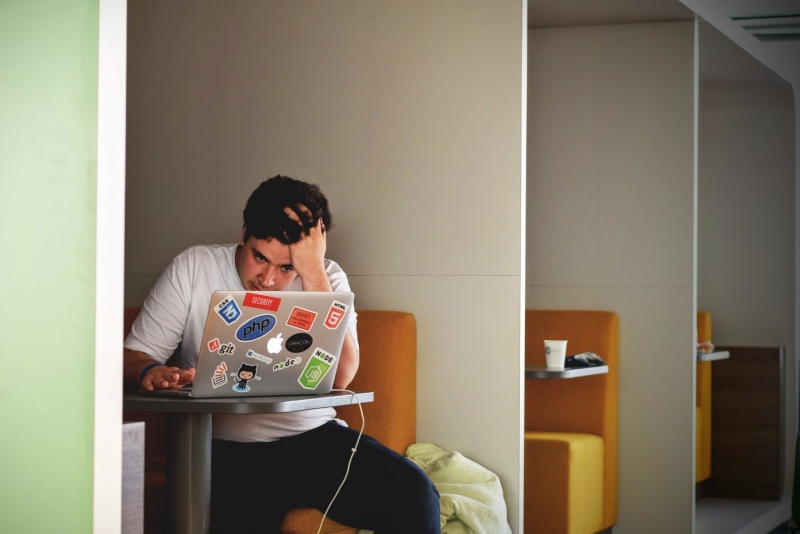
The past few months have been a major challenge for many employees who have found themselves isolated and forced to work from home. The connection between the pandemic and an increase in stress levels is officially recognized, for example, by the US Centers for Disease Control and Prevention. In our new article, we look at how companies can help employees cope with such problems, and what business travel has to do with it.
What worries employees
The pandemic has stimulated a variety of fears. First of all, people feared for their health and the health of their loved ones. In addition, large-scale quarantine measures also caused a large-scale economic crisis, which affected many industries. It is logical that this also stimulated concerns about job stability and wages.
In addition, work itself is often a source of stress. Thus, according to research, up to 40% of people consider their work to be a source of serious stress, and about a third of employees experience stress in the workplace. According to statistics, in more than 40% of cases, job changes are caused by stress.
All this can affect their productivity, as well as the health of employees in general. This is a pretty serious problem that companies around the world are trying to solve. In recent years, business trips have proven to be an effective tool for this.
How travel and business trips help cope with stress
Let’s start with travel in general: existing research suggests that even a short vacation helps employees feel better and work more efficiently. Up to 64% of people state that a short trip allows them to “reboot” and feel the desire to return to work again.
It is this fact, as well as the love of travel among millennials and young workers in general, that has contributed to the birth of the bleisure phenomenon. We wrote about him in this article. In short, its essence is that when an employee goes on a business trip, the company allows him to combine this trip to solve work problems with a mini-vacation. Most often this is expressed in the fact that an employee can “seize” several days in a new city for such a vacation, take family members with him, etc.
According to research, more than 60% of employees who combine work trips with travel experience an increase in productivity when they return home. Moreover, according to statistics, up to 30% of modern workers will agree to a lower salary if they are offered the opportunity to travel for work.
It turns out that companies can use business trips not only as a tool for solving work problems, but also to motivate employees and improve their well-being and health. All this ultimately leads to increased productivity.
Therefore, companies are increasingly involved in the trend of bleisure travel, including this phenomenon that is developing in Russia. Due to the pandemic and restrictions on international travel, only domestic travel is mostly possible for now. However, OneTwoTrip data suggests that this suits domestic business travelers quite well – according to statistics, in the summer the number of business trips involving weekends can grow to 82%.
Conclusion
Despite the fact that the coronavirus pandemic has caused serious damage to the travel and business tourism industry, and some restrictions still remain in place, the demand for bleisure travel continues. Business trips, like any travel, help employees cope with stress better, and if they are allowed to combine them with rest, the effect is enhanced. Therefore, we should expect further development of the bleisure trend with the further restoration of international air traffic.

